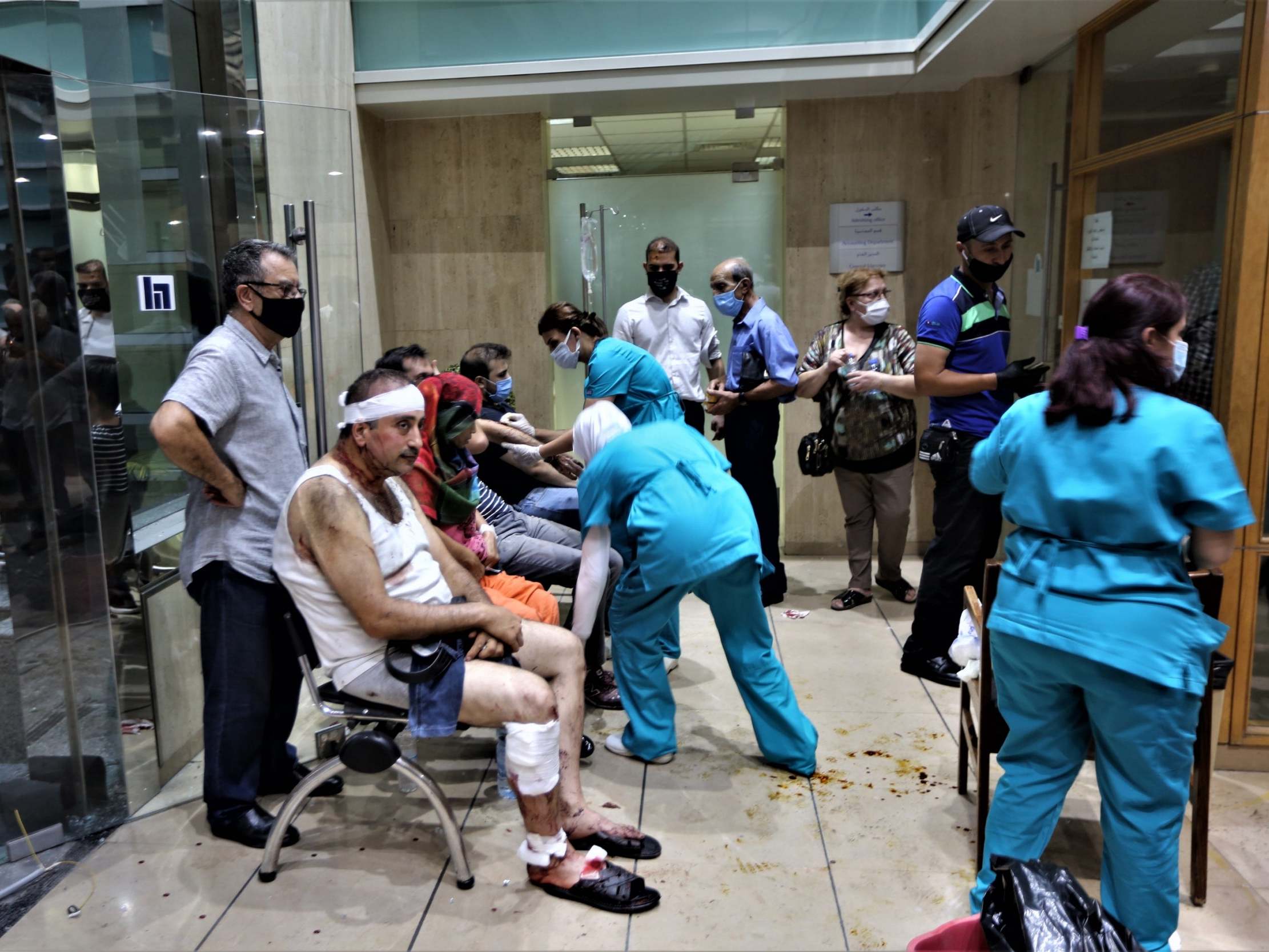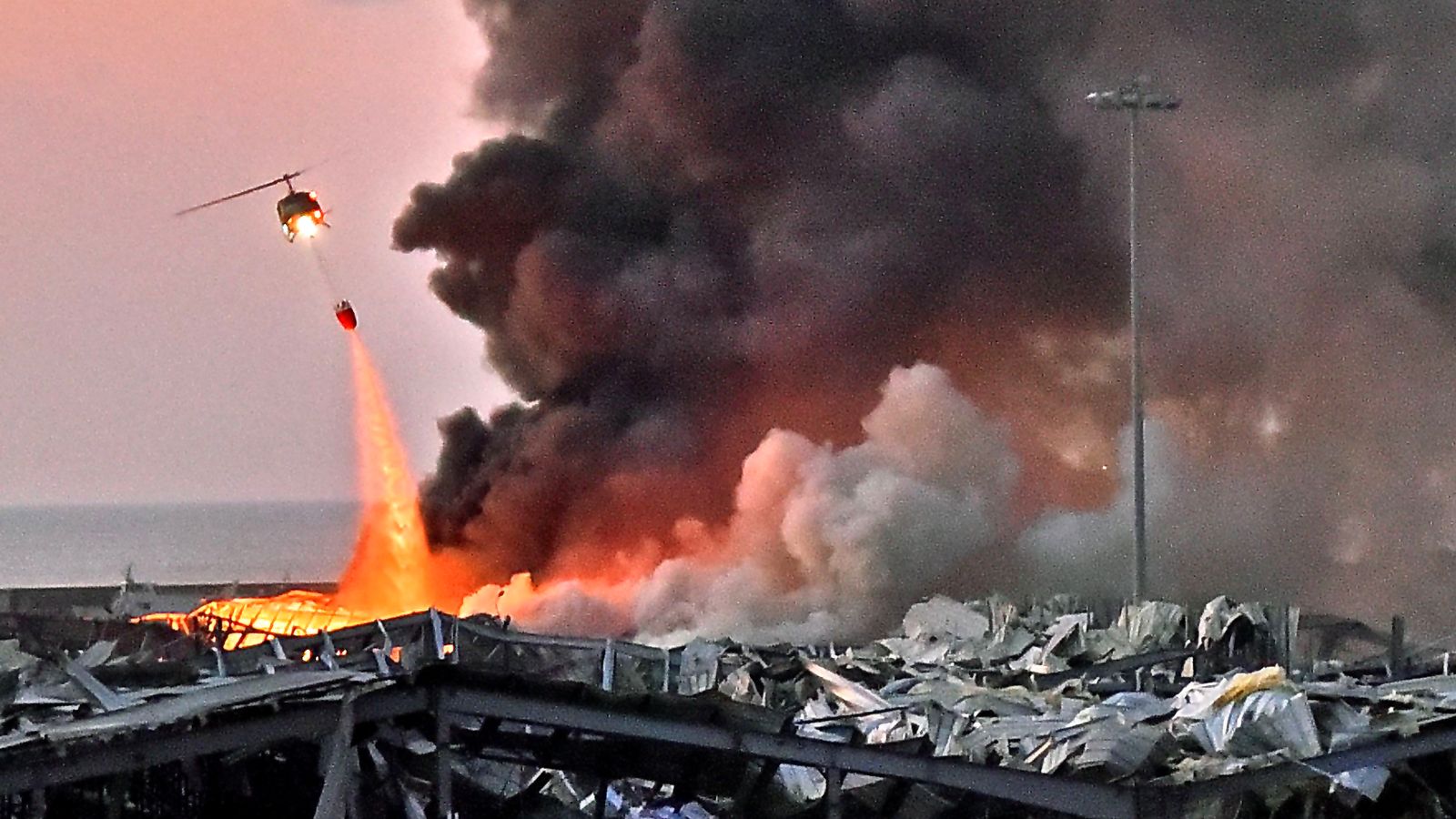On a quiet September afternoon, just as the smoke had barely settled over Beirut from the previous day’s tragedy, a fresh wave of explosions tore through the heart of Lebanon. What began as an ordinary day quickly transformed into a scene of carnage as pagers—simple handheld devices thought to be immune to modern-day surveillance—detonated, leaving behind a trail of death and destruction. In a cruel twist of fate, these devices, which Hezbollah had adopted to evade Israeli interception, became the very instruments of a devastating attack.
The death toll is staggering. The explosions, which began on September 17, have claimed the lives of at least 26 people. Among the dead are members of Hezbollah, health workers, and even children, their lives cut short in an instant. More than 3,000 others were left wounded, with hundreds fighting for survival in overcrowded hospitals. As the Lebanese government called for hospitals to stay on high alert, the nation held its breath, fearing that the worst may still come.

In the immediate aftermath, Hezbollah, the powerful Iran-backed militia and political force within Lebanon, pointed the finger squarely at Israel.
“We hold the Israeli enemy fully responsible for this criminal aggression,” thundered a Hezbollah official
While Israel has remained officially silent, the timing of these explosions seems all too coincidental. Just weeks ago, Israeli leadership warned of a new phase in their military strategy, signalling a shift of focus to Hezbollah’s strongholds in Lebanon after months of conflict with Hamas in Gaza.
The explosions—eerily precise, timed to detonate across multiple locations—suggest something far more than an accident. For years, Hezbollah has been retreating into a more analogue mode of communication, turning to pages in an attempt to outwit Israel’s digital surveillance. Yet, these devices, old-fashioned as they may be, appear to have been infiltrated, detonating with chilling accuracy. Sabotage, some call it. A masterstroke of Israeli intelligence, others whisper. But regardless of who stands behind this, the consequences are clear: the stakes have just been raised.
What makes this moment so precarious is the death and destruction and what it signals. This is neither a localised skirmish nor a mere tactical operation. This is a flashpoint—a moment that threatens to spiral the region into an all-out war. In a country already on its knees, grappling with economic collapse, political paralysis, and the shadow of a refugee crisis, this latest escalation feels like a breaking point.
Lebanon has long been a proxy battlefield, its people caught in the crossfire of greater geopolitical ambitions. But today, as further blasts disrupt the funerals of Hezbollah fighters, it is not just the fighters who are dying. It is a nation that is slowly and painfully caught between forces far larger than itself.
The wail of sirens has replaced the hum of everyday life, the rush of ambulances carrying the wounded. In the southern suburbs, where the funerals were taking place, families mourn in fear, not knowing if their loved ones will return home. Yet, amid the grief, there is anger—a deep, simmering rage that threatens to boil over. Hezbollah has vowed revenge. “The enemy will pay,” they say. And this threat, this promise of vengeance, casts the darkest shadow over Lebanon today.

But even as Hezbollah prepares for its next move, the question remains: What does Israel hope to achieve? The explosions, while devastating, have not crippled Hezbollah. Far from it. If anything, they have only strengthened the militia’s resolve. And as Israel’s Defense Minister Yoav Gallant speaks of “excellent achievements” and a “new era” in military operations, it is clear that this is just the beginning.
For now, Lebanon teeters on the brink. The international community watches closely, fearful that this may escalate into a broader conflict. Analysts are already warning of the potential for this to draw in regional powers, turning a slow-burning conflict into a full-scale war. The United States, while not directly involved, has made its concerns known, urging restraint from all sides.
Yet, in the heart of Beirut, restraint feels like a distant hope. As the funerals continue, and as Hezbollah vows “just punishment,” the fear is that the coming days will bring more death, more destruction, and more heartbreak to a nation that has already endured so much.
For Lebanon, this is not just another chapter in its long, tragic history. This is a defining moment—one that may determine the very future of the nation and, indeed, the region. The question now is not if, but when, this fragile peace will shatter and what will emerge from the rubble.

